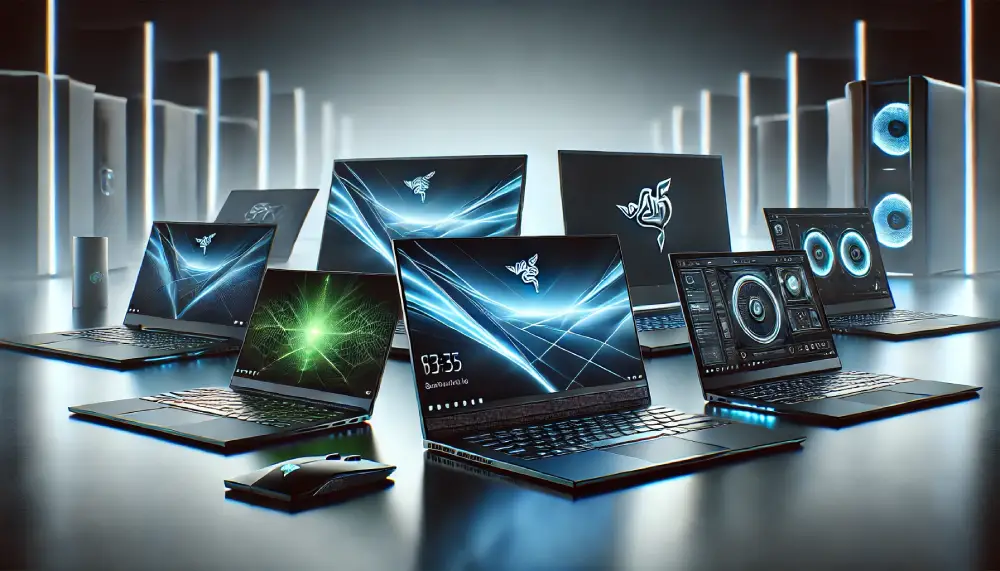Innovations in Battery Technology and AI in Smartphones
In recent years, smartphones have become more powerful, but with that power comes the challenge of maintaining battery life. Innovations in battery technology and AI-driven power management are transforming the way smartphones use and conserve energy. These advancements not only improve user experience but also extend the lifespan of devices. Let’s explore how new battery technologies and AI are enhancing smartphone performance and power efficiency, and what the future of smartphone batteries might look like.
Breakthroughs in Battery Technology
Battery technology has come a long way from the days of simple lithium-ion batteries. Today, manufacturers are investing in technologies like fast charging and wireless charging to make recharging more convenient. Fast charging allows users to power up their devices in minutes, while wireless charging eliminates the hassle of cables. Additionally, newer battery materials, such as graphene and solid-state batteries, are being explored to improve energy density, reduce charging times, and increase battery lifespan. These advances point to a promising future of smartphone batteries, where users can expect more robust, efficient power sources that support intensive mobile use.
As researchers continue to innovate, the future of smartphone batteries could bring not only longer-lasting power but also more eco-friendly materials and safer designs. With ongoing developments in materials and charging technologies, we’re likely to see smartphones with batteries that charge faster, last longer, and perform more efficiently than ever before.
How AI is Revolutionizing Battery Life
Artificial Intelligence (AI) has a significant impact on smartphone battery efficiency. By learning from user behavior, AI algorithms optimize battery usage in real time. For instance, if a user typically checks emails in the morning and streams videos in the evening, the AI will allocate resources accordingly, minimizing power usage during less active periods.
AI can also adjust background processes and app activity to prevent unnecessary battery drain. Additionally, some devices use AI to monitor battery health over time, recommending adjustments to prolong battery life. This AI-driven approach is critical for the future of smartphone batteries, as it enhances battery life without requiring larger or bulkier batteries.
The Future of Smartphone Batteries and AI Integration
Looking ahead, the integration of AI with battery technology will continue to evolve. As battery materials improve, AI-driven software will play an even more vital role in managing energy efficiency. This combination will be essential for upcoming innovations like foldable phones and 5G-enabled devices, which require more power but also benefit from smarter, adaptive battery management.
With each generation, the future of smartphone batteries becomes more promising. The collaboration between hardware advancements and AI is essential for delivering smartphones that are not only powerful but also capable of supporting extended use on a single charge. For more insights into the latest developments in battery technology and AI’s role in power management, check out this article on smartphone technology.





